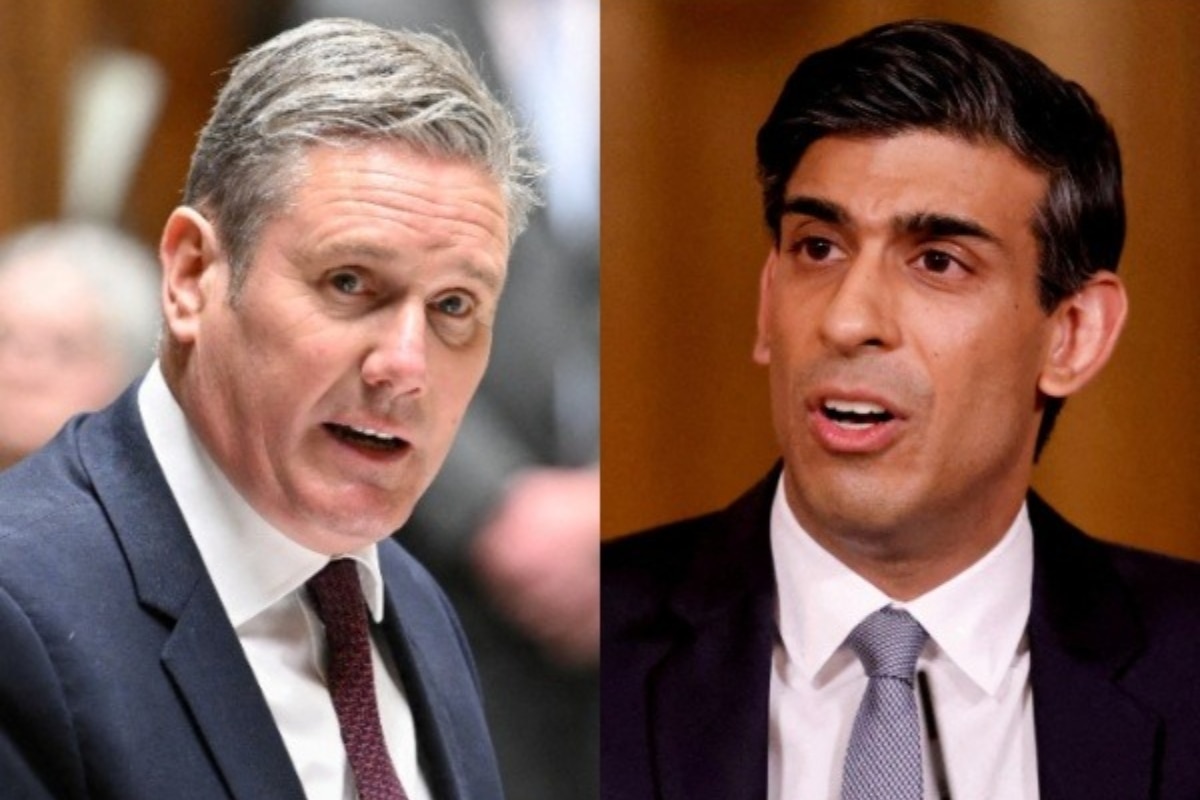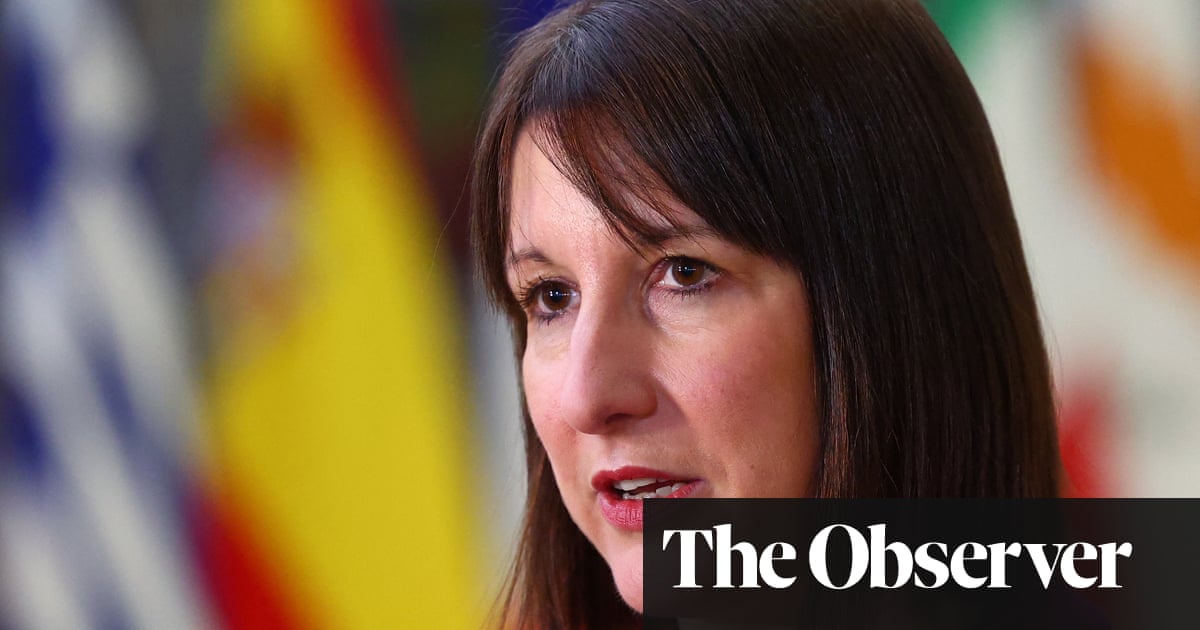UK Elections 2024: Most Polls Predict Rout For Conservative Party

- by Admin
- June 30, 2024

Polling suggests that Conservatives are only ahead in one age group: people over age 65.
London: The Conservative Party, which has been in power in the United Kingdom for around 15 years, faces a mounting task while heading into the general elections under Prime Minister Rishi Sunak’s leadership, with most polls predicting the return of a Labour government in the country for the first time since 2010.
A record number of candidates – more than 4,000 – are campaigning for the July 4 general election across the country.
Polling suggests the vote will result in a Labour majority after more than a decade of Conservative rule under five leaders, including current PM Rishi Sunak and David Cameron, now foreign secretary, Al Jazeera reported.
But there is an intensifying atmosphere of division as the hard-right party Reform, led by populist leader Nigel Farage, appears on track to improve on its performance in the 2019 elections, when it was known as the Brexit Party.
Economic stagnation, a housing crisis, the cost of living, immigration and foreign policy concerns are among the major issues in the elections.
The past 15 years have seen the worst income growth in the UK for generations, according to the Institute for Fiscal Studies (IFS).
“It has been slow growth for essentially everyone – rich and poor, old and young. This means that even while income inequality has been stable, progress on reducing absolute poverty has been painfully slow,” Tom Waters, an associate director of the IFS, said in late May.
In recent years, Britons have also been battling a cost-of-living crisis as prices surge and salaries stagnate.
The Conservative and Labour parties have set out differing routes to fix the economy.
Labour leader Keir Starmer has announced plans to reform the National Health Service, home-building system, energy sector and other key industries. His party has also promised 7.4 billion pounds (USD 9.4 billion) in tax rises to invest in these sectors.
For the Conservatives, a promise of 17 billion pounds (USD 21.6 billion) per year of tax cuts has been made, including 2 percentage points off the main rate of National Insurance contributions, a mandatory tax on salaries.
Meanwhile, rising property prices, rent hikes and a lack of affordable new builds are the reasons behind a years-long housing crisis.
According to the Local Government Association, the number of temporary accommodations due to the shortage of social housing rose by 89 percent in the 10 years until March 2023.
The growing pressure on local councils to support the public intensified through austerity measures intended to reduce the government’s budget deficit that were implemented when a Conservative-Liberal Democrat coalition came to power in 2010.
Mia Gray, an economic geography professor at the University of Cambridge, told Al Jazeera that Britain is in the grip of “an affordable housing crisis”.
To remedy the situation, the Conservatives have pledged to build 1.6 million new homes if they win the general election.
On the other hand, Labour officials have said they will restore local house-building targets, which were scrapped in 2023, with an aim to construct 1.5 million new homes in the coming years.
Health is another crucial issue going into the elections. According to YouGov’s “most important issues” tracker for Britons ahead of the vote, the issue is second only to the cost of living, with 34 per cent of respondents listing it.
The official number of people on waiting lists for treatment on the National Health Service (NHS) stood at 7.6 million in April this year – only slightly down from last September’s record high of 7.8 million.
Meanwhile, the proportion of people waiting more than four hours to see a doctor at Accident & Emergency departments of hospitals in the UK – a key indicator used to measure the NHS – has risen steadily over the 14 years that the ruling Conservative Party has been in power. While it stood at about 6 per cent at the start of 2011, it passed 50 per cent in December 2022 and has only come back down to about 42 per cent now.
In their manifesto for the general election, the Conservatives have promised to increase the budget for the NHS but, for many, it is too little, too late.
The issue of immigrants will also play a crucial role in the poll campaign. Al Jazeera cited a recent YouGov poll carried out for Sky News, which suggested that 43 per cent of Britons believe immigration has a negative impact on society, compared with 35 per cent who said the effect of immigration is positive.
The Conservatives have repeatedly pledged to crack down on the number of people arriving through ‘irregular’ means, such as those who cross the English Channel from France on small boats, Al Jazeera reported. On Wednesday, the party was dealt a blow as official figures showed 882 people arrived in this way, the highest daily toll since late 2022.
Sunak’s government has backed a highly controversial plan, the ‘Rwanda Plan’, to deport undocumented people to Rwanda to have their asylum claims processed there. But the deal has been blocked several times by courts that ruled the plan “unlawful”.
In the two years since it was announced, no flights have taken off to Rwanda. Sunak says the first flight will leave on July 24 at the earliest, assuming he wins the election.
On the other hand, the Labour Party has said that if it wins, the Rwanda plan will be scrapped. But, at the same time, it has promised to cut down net migration figures without elaborating on how it will do so.
Right-wing candidate Farage has called for further tough policies around immigration, which he blames for many societal woes.
“Immigration is the real reason for the housing crisis!” Farage posted on X on Thursday.
Immigration as a campaign issue cannot be detached from Britain’s decision to leave the European Union.
Ever since the start of the Russia-Ukraine conflict in February 2022, the UK pledged unwavering support to Ukraine with Sunak referring to the bond between the West and Kyiv as an “unbreakable alliance”.
Even during the recent Group of Seven (G7) summit in Italy, Sunak told his counterparts that the UK was behind Ukraine “whatever it takes”.
So far, the UK has pledged 12.5 billion pounds (USD 15.9 billion) in support, including 7.6 billion pounds (USD 9.6 billion) in military assistance. Britain is one of the leading donors to Ukraine, alongside the United States and Germany.
Labour has maintained that its support for Ukraine is “ironclad”. The party said it would work with Kyiv’s government to “isolate Russia diplomatically and boost Ukraine’s industrial production”.
“We will also work to create a clear path to NATO membership for Ukraine,” the party said in its manifesto.
Similarly, the Israel-Hamas war can also play a role among the electorate,
In May, a YouGov poll commissioned by Medical Aid for Palestinians and the Council for Arab-British Understanding found that more than 70 per cent of British people want an immediate ceasefire in Gaza.
Among those who want a ceasefire, 67 per cent are Conservative voters and 86 per cent are Labour voters, according to the poll.
However, neither party has vociferously called for an immediate ceasefire.
The New York Times, in a recent report, cited polls suggesting that Conservatives could secure their lowest share of seats in Parliament in perhaps a century, as after a turbulent five years of government, their base has ‘fractured.’
Some voters are going left, with the party polling around 20 percentage points behind Labour. Others are heeding the lure of the hard right, with a third of those Britons who voted Conservative last time now saying they will support the anti-immigration Reform party, led by Nigel Farage.
Over the last few decades, age has replaced class as the main predictor of political support in Britain, with Conservatives winning more older voters. In the last election, the age at which someone was more likely to vote Conservative than Labour was roughly 40 or older.
Now, polling suggests that Conservatives are only ahead in one age group: people over age 65.
Notably, the Conservatives benefitted with the promise to finalise Brexit in the 2020 elections. However, now the concerns of public are more centered towards issues like economy and health care, followed by immigration.
The voters think Labour is better prepared to handle all three, according to polling from YouGov. Many voters say they feel the Conservative party has left Britain in “a worse state than before it came to power,” as per NYT.
It was PM Rishi Sunak’s predecessor, Liz Truss, who set off an economic crisis after she announced plans for tax cuts, deregulation and borrowing.
But, now the Conservatives, having been in power for around 15 years under five Prime Ministers, are staring at a mounting challenge, with over half the people who voted for the Conservatives in the last election telling pollsters that they now plan to vote for a different party.
The Latest News
-
December 22, 2024Life in one of Britain’s most miserable towns: Locals in Barking blast council ‘shambles’ and say shopping centre is so empty it is like living in a ‘ghost town’
-
December 22, 2024Christmas travel chaos continues with 100 Heathrow flights cancelled amid severe 80mph wind weather warnings
-
December 22, 2024Winds blow UK Christmas travel off course, with ferries and flights cancelled
-
December 22, 2024What next for Tyson Fury and Oleksandr Usyk? | Will Fury face Anthony Joshua and could Usyk retire?
-
December 22, 2024Let China build electric cars in UK, Tory ex-chancellor tells Rachel Reeves ahead of trade trip





